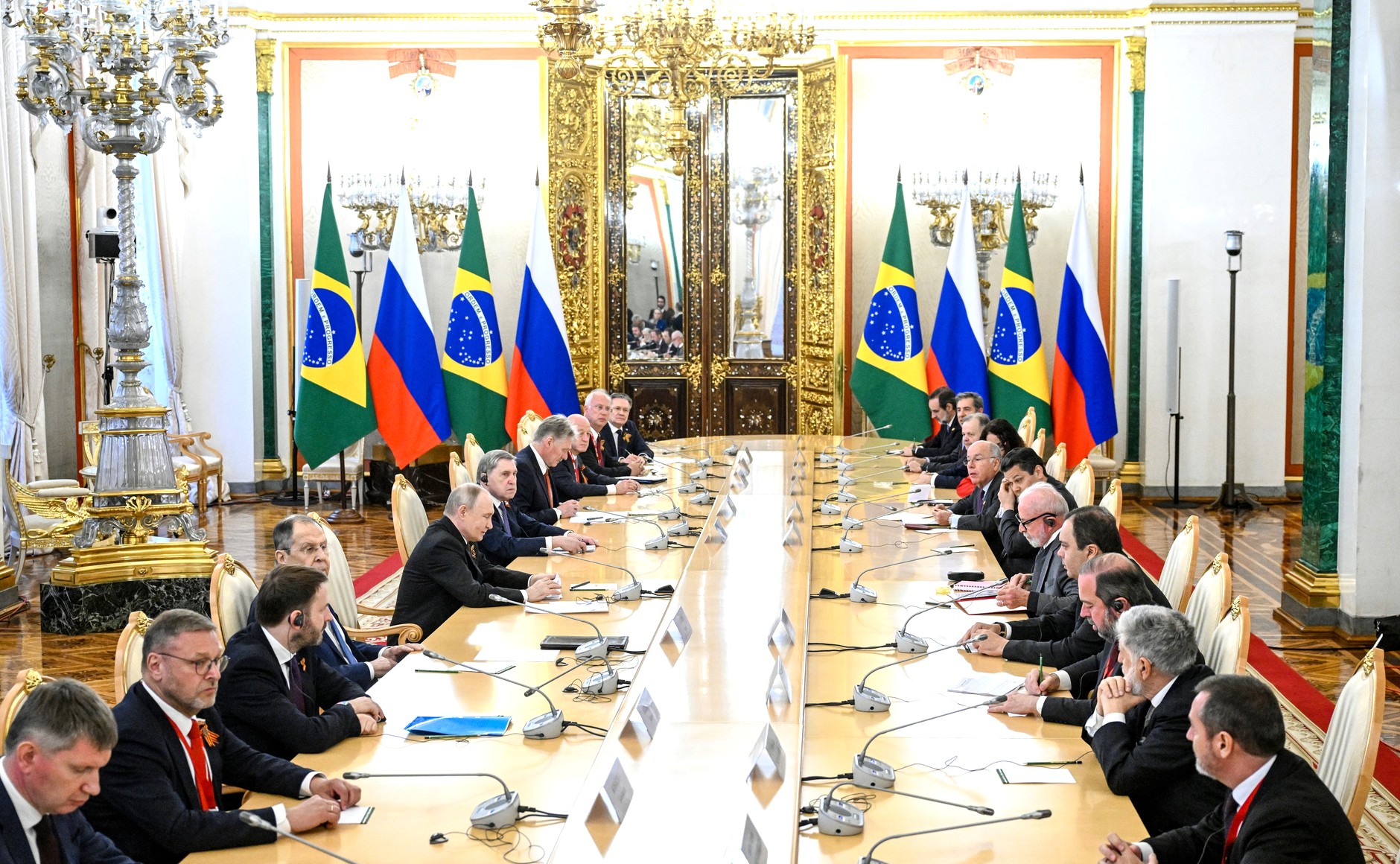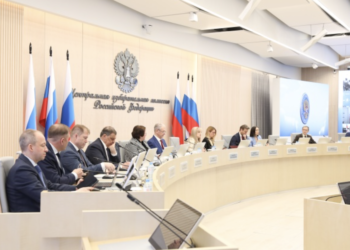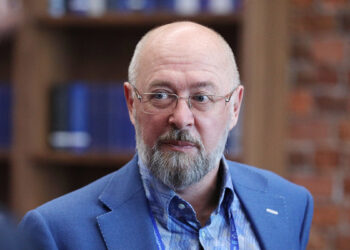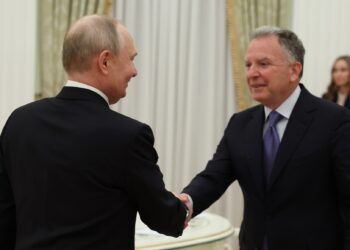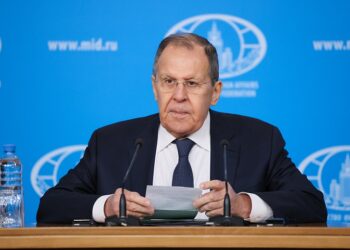MOSCOW (Realist English). Russian President Vladimir Putin met with Brazilian President Luiz Inácio Lula da Silva at the Kremlin during the latter’s visit to Moscow for the 80th anniversary of the Soviet victory in the Great Patriotic War. This marks the first in-person meeting between the two leaders in 15 years.
Putin emphasized that Brazil remains Russia’s key trade partner in Latin America and an important ally on the international stage. He highlighted continued progress in bilateral relations, noting that Russia leads in exports of petroleum products and fertilizers, while Brazil maintains a dominant role in agricultural exports to the Russian market.
President Lula, in turn, called his visit a “return to a dream” rooted in previous years of collaboration. He expressed disappointment with the current global order, saying it falls short of post-WWII expectations. Lula condemned U.S. tariff policies, describing them as a threat to multilateralism and international trust, and warned against the erosion of free trade and the weakening role of the United Nations.
Talks focused on expanding strategic partnership across a wide range of sectors — energy, defense, education, trade, and science. Lula’s delegation included Brazil’s ministers of energy and science, senior foreign policy advisor Celso Amorim, Senate President, and prominent meat exporter Fernando Queiroz.
Lula reaffirmed Brazil’s interest in developing joint projects for small-scale nuclear energy, as well as cooperation in space exploration and high-tech industries. He called for a renewed push in bilateral relations, urging a shared focus on strengthening the Global South as an independent center of geopolitical power.
- Lula’s presence at Russia’s Victory Day Parade sent a rare symbolic message from Latin America’s largest democracy.
- Brazil is seeking access to Russia’s nuclear technology and energy infrastructure.
- Lula’s speech included sharp criticism of the U.S., presenting Brazil as a supporter of an alternative global order.
The Kremlin and Planalto are signaling that BRICS is more than a rhetorical alliance. Lula stands out as one of the few Global South leaders willing to engage with Russia’s symbolic diplomacy amid Western isolation. While this may deepen bilateral ties, it also demands greater strategic autonomy from Brazil — in trade, foreign policy, and global alignment.


